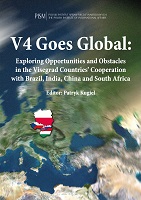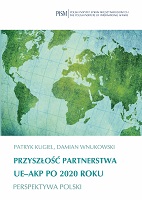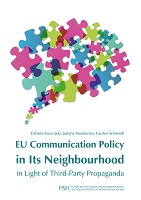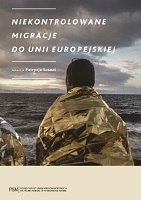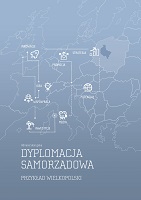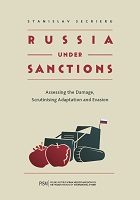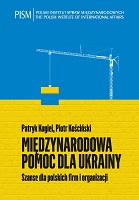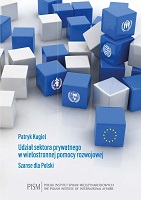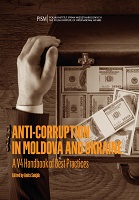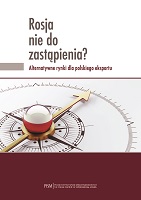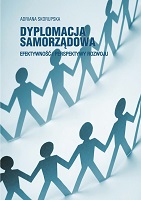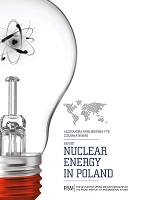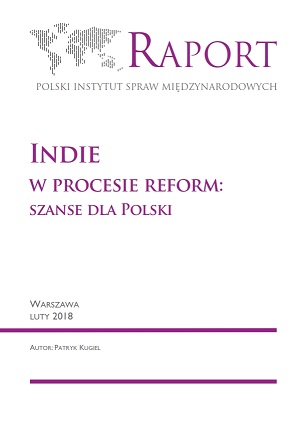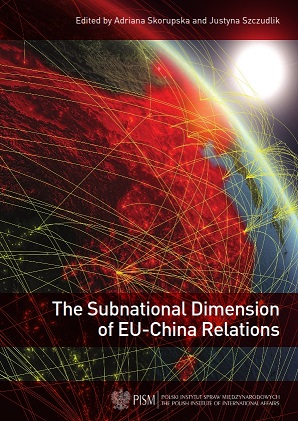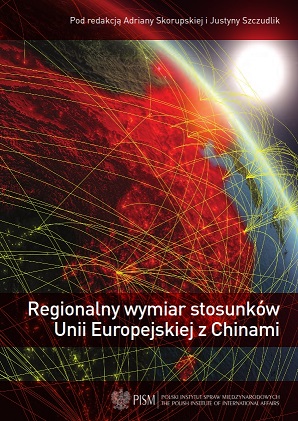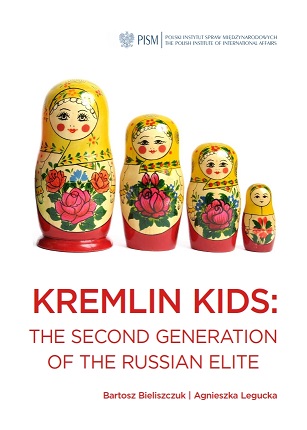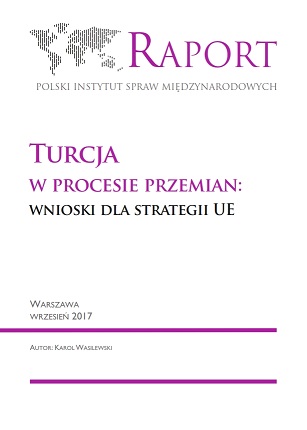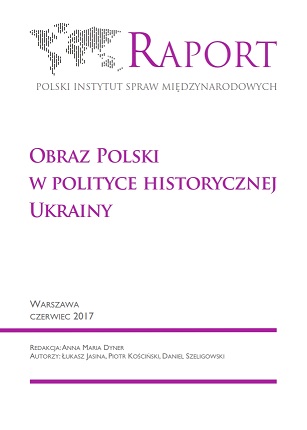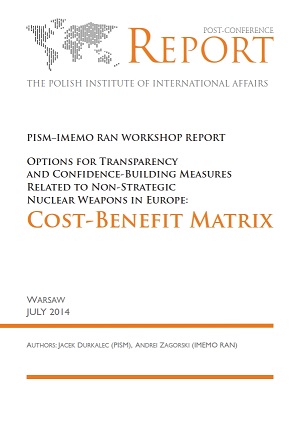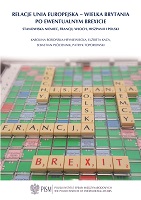
European Union - Great Britain Relationship After Potential Brexit
Relacje Unia Europejska – Wielka Brytania po ewentualnym Brexicie. Stanowiska Niemiec, Francji, Włoch, Hiszpanii i Polski
Keywords: European Union; Brexit; Germany; France; Poland; Italy; Spain
W obliczu niepewnego wyniku brytyjskiego referendum Unia Europejska powinna przygotować się na ułożenie swoich relacji z Wielką Brytanią na nowo już jako z państwem nieczłonkowskim. Ewentualna nowa forma tych relacji będzie efektem żmudnych negocjacji, zależnym od wypadkowej interesów gospodarczych i politycznych krajów członkowskich – przede wszystkim największych, czyli Niemiec, Francji, Włoch, Hiszpanii oraz Polski. To wokół preferowanych przez nie rozwiązań będą budowały się koalicje, w skład których wejdą mniejsze państwa członkowskie. Raport PISM przedstawia możliwe preferencje największych państw w przyszłych stosunkach z Wielką Brytanią i prognozuje, jakie rozwiązania są najbardziej prawdopodobne.
More...
